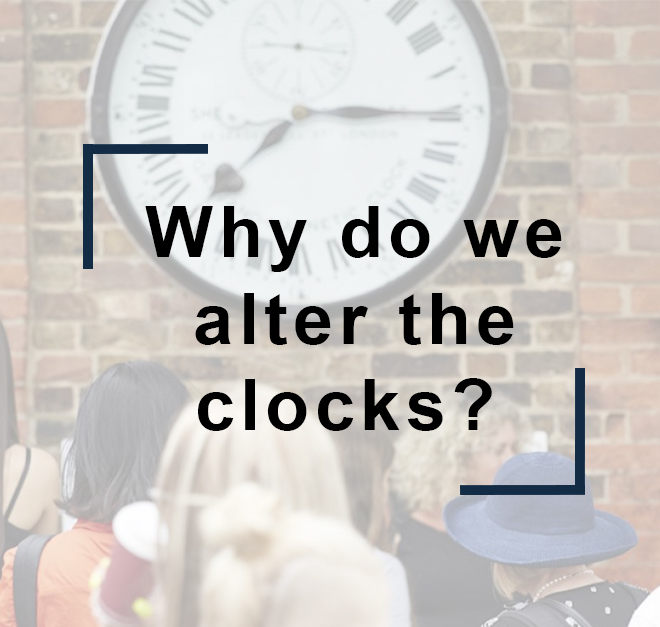

The leaves are turning brown and we’re turning our thermostats up. This can only mean one thing: British Summer Time is coming to an end, marked by the changing of the clocks. We’ve been changing the clocks since 1916, though many of us remain in the dark about why we do it. So, here’s a quick guide to the history and science of why we ‘spring forward and fall back’.
To put it simply, we change the clocks to make better use of the natural daylight in the morning and to reduce our energy consumption. One summer morning in 1905, British builder William Willett was riding his horse through the London suburbs. He passed house after house with closed blinds, and it suddenly came to him that the morning sunlight was going to waste. In 1907 he published the pamphlet "The Waste of Daylight", which caught the attention of Parliament. Sadly, Willett died of flu a year before Daylight Saving Time (DST) became law, and never saw the fruits of his labor.
1905, British builder William Willett was riding his horse through the London suburbs. He passed house after house with closed blinds, and it suddenly came to him that the morning sunlight was going to waste. In 1907 he published the pamphlet "The Waste of Daylight", which caught the attention of Parliament. Sadly, Willett died of flu a year before Daylight Saving Time (DST) became law, and never saw the fruits of his labor.
Benjamin Franklin came up with a similar theory that contributed to the decision to change the clocks. In 1784 he published an essay called ‘An Economical Project for Diminishing the Cost of Light’ in which he argued that if people got up with the sun and went to bed earlier, they would save money on the cost of candles.
Although this change has no effect on the length of each day, it means that sunrise, and sunset each appear an hour later in the summer and an hour earlier in the winter.
Should we stop putting the clocks forward and back?
Lots of people have different opinions. Some people argue that it is a great way to reduce our energy consumption as we make better use of the natural daylight however others argue and say that it is darker at key times such as when people are traveling to and from school and work making it more dangerous.


